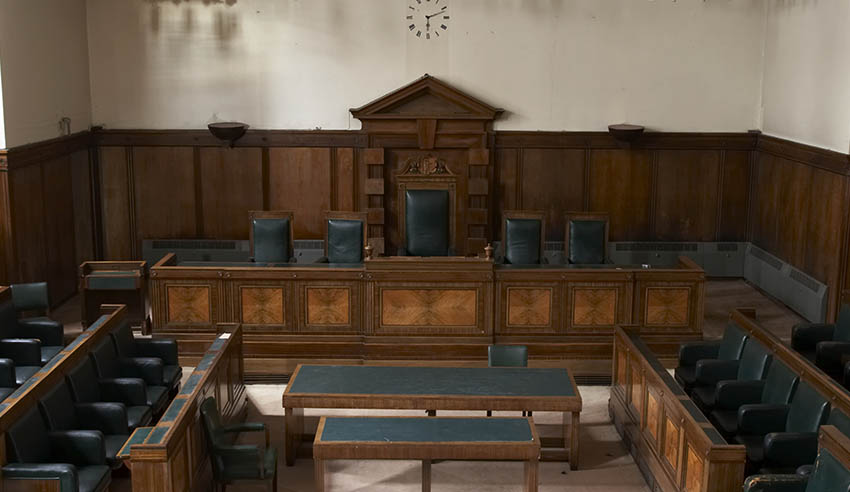Following months of inquiry, the Australian Law Reform Commission has submitted its final judicial impartiality report to the Attorney-General and will soon be unveiling its recommendations to improve public confidence in the justice system.

The Australian Law Reform Commission (ALRC) confirmed that it has handed down its final report into the review of judicial impartiality to federal Attorney-General Michaelia Cash as scheduled. In a tweet, ALRC said it “looks forward to participating in public discussions on the recommendations made in due course”.
The consultation paper found that the law falls short in addressing the perceived lack of impartiality, which also shows that the “law on bias is not, and can never be, enough to maintain public confidence in the administration of justice on its own”. It added that the law on bias is “not well suited to addressing systemic and ongoing treats” to impartiality and the perceptions by the general layperson on judicial bias.
The review commenced shortly after it was revealed that the Honourable Justice John Walters SC had exchanged many text messages and phone calls with barrister Gillian Anderson who was representing one of the clients in a matter he was presiding over. This “personal relationship” generated concerns about apprehended bias and public confidence within the judiciary and how it could affect proceedings.
In a recent judgment, the High Court of Australia found the lack of disclosure in the matter troubling: “It is difficult to comprehend how the trial judge could have failed to appreciate the need to disclose the communications, particularly when he was dealing with the application to recuse himself on other grounds”.
More to come.
